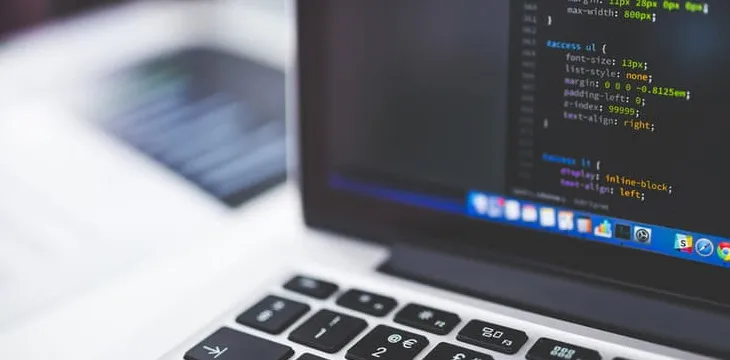|
Getting your Trinity Audio player ready...
|
Two new proposals are soon to be implemented into the Bitcoin Cash protocol.
The first proposal, initiated by member 79b79aa8 at Bitcoin Forum. This proposal is standardized as BUIP084, describing a secure method for writing BCH coin splitting instructions. The proposal addresses the lack of a standard instruction set which would enable independent and secure BCH splitting on both hardware and cloud-based wallets. Splitting a cryptocurrency means extracting the portion of a wallet’s existing funds into another wallet. This is peculiar to forks, and is usually performed between cold wallets containing legacy Bitcoin, or SegWit1x (BTC), partitioning its contents into a Bitcoin Cash compatible wallet.
Since the August 1 fork commenced, not all users holding BTC have claimed their Bitcoin Cash. Certain security issues arise from BCH coin splitting, and the proposal seeks to address and mitigate any problems that might arise from the procedure. This helps ensure a smooth and convenient transition from the BTC network to the more robust and secure BCH network. With a 0.25 BCH reward posted for authors of the instruction set, the proposal has since been passed after a vote from Bitcoin Unlimited (BU) officials which commenced on January 15.
The second proposal, standardized as BUIP085, introduces a relaying architecture for participating nodes which would help notify users about possible or actual double spending for transactions on the Bitcoin Cash network. Double spending occurs whenever a transaction’s data signatures become duplicated as a result of a malicious attack to a transaction’s recipient.
With a newly-established network like Bitcoin Cash, there are two possible attack vectors. The first is called a “race attack”, which is done by sending conflicting transaction signatures to a recipient/victim, while the second attack surface, called a “Finney attack”, involves pre-mining a transaction into a single block and then immediately spending the same coins and thereafter triggering a release of the same block, hence invalidating the initial transaction. On older cryptocurrency networks like the BTC and Ethereum, these attacks are mitigated by proof-of-work and proof-of-stake.
According to the proposal’s author, “A double spend can happen within the time from the initial broadcast until the transaction is included in a block,” adding ng that despite blocks clearing within 10 minutes, users of the Bitcoin Cash network have to know whether an unconfirmed transaction is safe and secure within a matter of seconds. BUIP085 protects merchants and BCH recipients who may not be relayed with the information regarding a transaction’s safe confirmation, and thus are vulnerable to double-spent transactions.
Once implemented, this feature will be beneficial to sellers transacting with BCH, helping them learn about and promptly report any fraudulent attempts against them or their business. The proposal’s author, @torusJKL, said the upgrade would “make 0-conf transaction on Bitcoin Cash more safe and will give it broader acceptance.”
These proposed solutions to the evolving needs of a robust network like Bitcoin Cash are necessary and welcome additions to the cryptocurrency’s features. Once properly implemented after tests and community consensus, the proposals would help the Bitcoin Cash community grow further and empower more people towards a future of financial freedom and inclusion.

 09-19-2025
09-19-2025 





